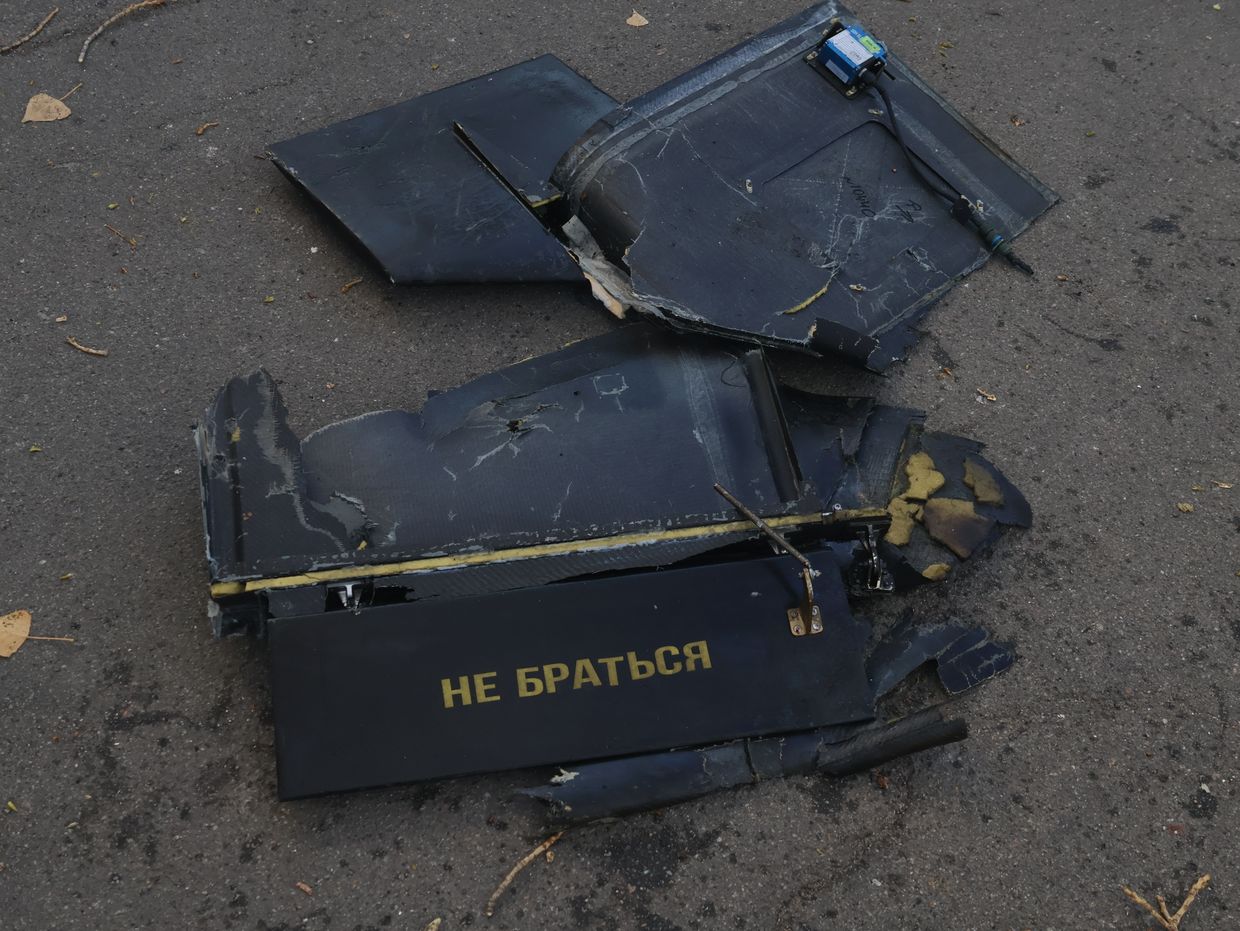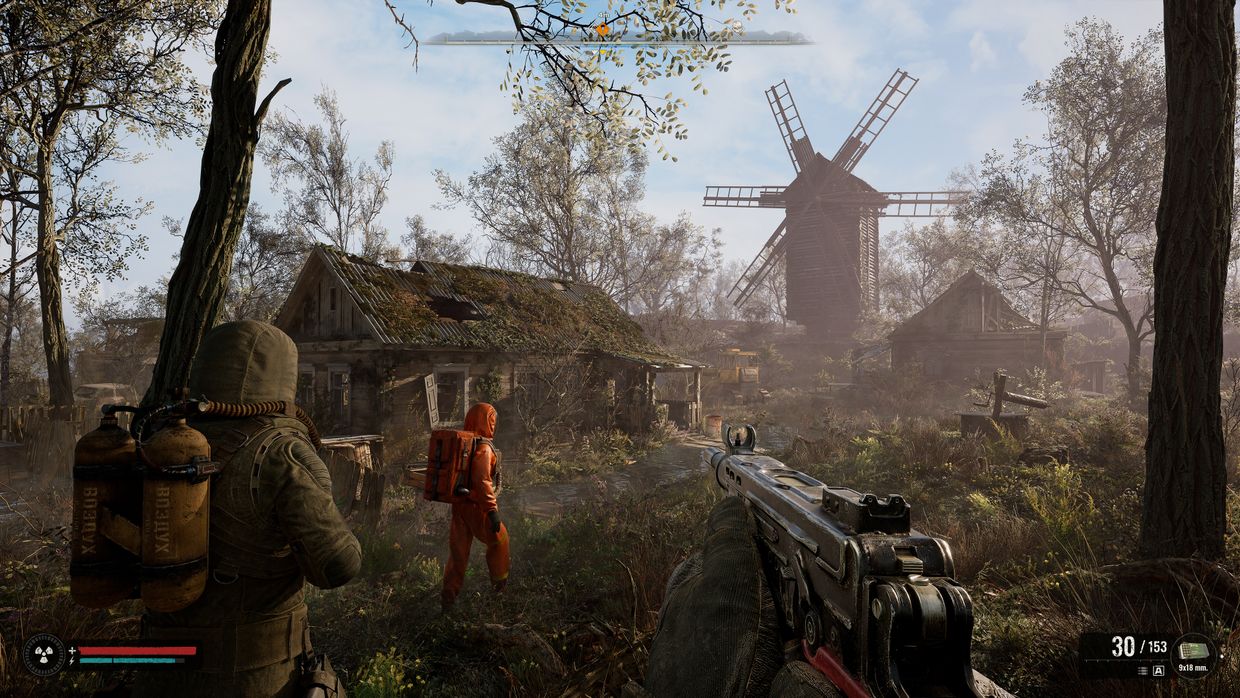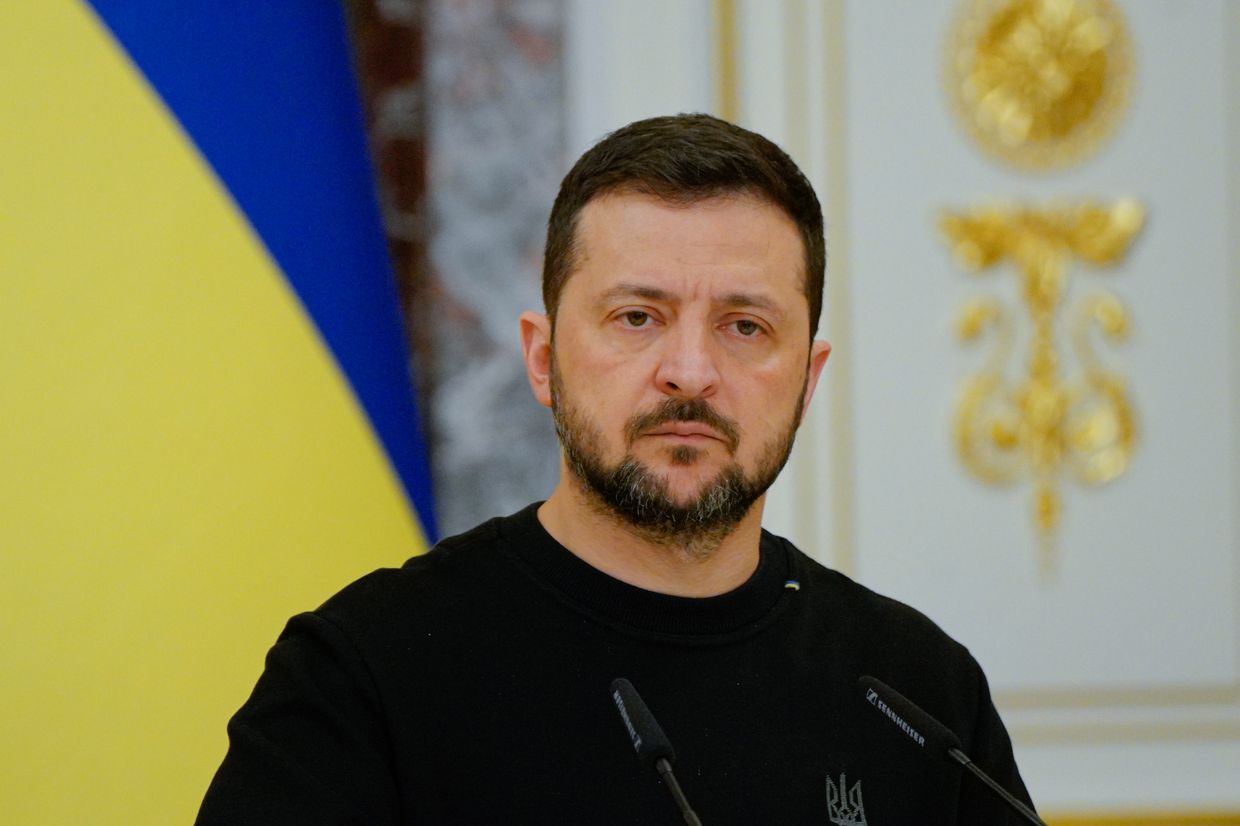This campaign was explicitly mentioned in the latest EU sanctions package adopted on 16 December 2024, which imposed costs on some of the responsible officials in the Russian government and involved companies. This action builds on the earlier work to limit the spread of pro-Kremlin information manipulation by suspending the broadcasting rights for some of the most notorious pro-Kremlin disinformation outlets targeting European audiences.
From direct propaganda to digital deception
Faced with EU sanctions and growing public scepticism, Moscow’s propagandists have developed new ways to reach Western audiences by pretending to be Western voices themselves. This shift marks the next stage in Russia’s constantly evolving information warfare strategy.
Impersonate legitimacy…
The Doppelganger campaign, initially exposed by EUDisinfoLab and consequently investigated by French authorities in 2023, operates through multiple tactics. At its core is the creation of convincing clones of respected news websites and government web pages. These fake sites use ‘typosquatting’, creating domains that look nearly identical to legitimate ones, to deceive readers. Major targets have included Die Welt, Le Monde, The Guardian, ANSA, and Der Spiegel as well as the French Foreign Ministry of Foreign Affairs, the German Federal Interior Ministry, and NATO.
… and push it to regular users
Networks of fake social media accounts then amplify this content, particularly on Facebook and X (formerly Twitter). For example, in what became known as the ‘German Odettes’ case, several profiles claiming to be German women named Odetta working for Netflix systematically pushed pro-Kremlin content in the comment sections of established Facebook pages. This technique aims to push manipulative content to regular users without drawing too much attention.
The latest frontier: Operation False Façade
In 2024, investigations exposed another network of websites with Russian links masquerading as Western media outlets. These sites employ ‘information laundering’ techniques, taking content from Russian state outlets and repackaging it for European audiences while carefully removing traces of its origin. Attribution to an orchestrated campaign was possible because the operation uses identical tracking IDs, shared hosting infrastructure, and similar naming conventions – often incorporating city names like ‘bostontimes.org’ or ‘londonchronicle.news’.
Targeting multiple audiences
The campaign also tailors its content for different European audiences. French-language material tends to focus more on migration and the war in Ukraine, while German content covers energy and climate issues. In Poland, narratives centre on Ukrainian refugees, while Spanish-language content often promotes various anti-Ukrainian messages.
Artificial intelligence content and intelligence operations
The campaign has shown that Russian-financed operatives make use of new technologies such as generative AI to create convincing logos and content. There are also indications suggesting affiliations with Russian intelligence agencies and hybrid operations such as the controversial ‘Stars of David’ incident in Paris. This demonstrates an increasing willingness to combine online manipulation with real-world action in the EU.
With the war in Ukraine entering its third year, Russia’s disinformation machine has shown its adaptability but also its increasing desperation. It now relies on deception and impersonation, a telling indication of how far Russia’s credibility has fallen since the invasion of Ukraine began more than 10 years ago.
The post 1 000 and 4 000 days of deception: Russia’s evolving information manipulation appeared first on EUvsDisinfo.
Content Original Link:
https://euvsdisinfo.eu/1-000-and-4-000-days-of-deception-russias-evolving-information-manipulation/















